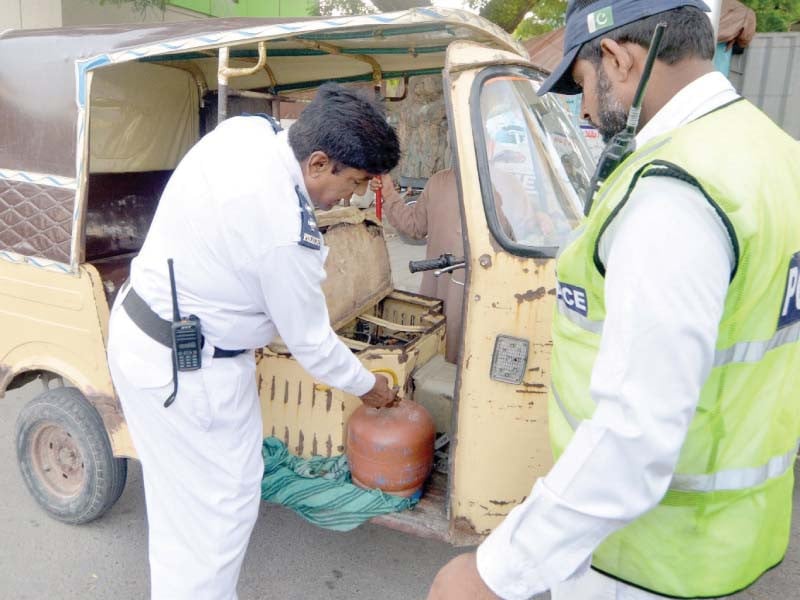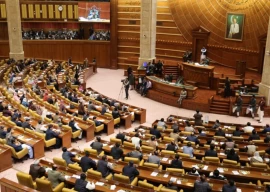
In a departure from global norms, Punjab Police's recent approach to register criminal cases for traffic rule violations has sparked a debate on the implications for the state's legitimacy and authority.
Modern state theorists argue that resorting to harsh measures contradicts the foundational principles of a state, weakening its authenticity and hegemony.
The concept of a modern state, rooted in social contractualist theories, emphasises upholding the "general will" without resorting to brutal force. Critics highlight the potential for it to become a "tyranny of the majority."
According to modern theorists, a state's strength lies in aligning its values with societal norms, fostering a sense of socio-cultural integration.
Traffic management is considered a key indicator of a society's level of civilisation, with compliance reflecting citizens' respect for laws. While developed countries boast smooth traffic systems due to intrinsic compliance, regions like Punjab face growing challenges.
The imposition of fines, initially set at a nominal amount, was later increased to 2000/- rupees to instill respect for traffic rules. Despite this, violations persist among Punjab residents.
In recent weeks, Punjab Police has escalated its response by treating traffic violations as criminal offenses, a departure from global practices. Thousands of FIRs have been filed for offenses such as driving without a license and underage driving. However, the expected improvement in compliance remains elusive, prompting concerns about the efficacy of this approach.
Beyond citizen indifference, this shift burdens an already overwhelmed criminal justice system, pushing it towards potential collapse. The system is grappling with a backlog of serious cases, and the surge in traffic-related FIRs exacerbates the strain. Overcrowded prisons, known more for breeding criminal networks than rehabilitation, compound the challenges.
Critics argue that coercing compliance through criminalisation is a short-term solution, emphasising the need for a more comprehensive, long-term strategy. Building a civilised state requires patient and enduring measures, including integrating traffic rules into education at all levels and launching extensive awareness campaigns at the grassroots level.
As Punjab navigates this critical juncture, questions persist about the sustainability and effectiveness of the current approach to tackle traffic violations.
Published in The Express Tribune, December 12th, 2023.



1672385156-0/Andrew-Tate-(1)1672385156-0-165x106.webp)


1732011525-0/Express-Tribune-(8)1732011525-0-270x192.webp)


1732012115-0/Untitled-design-(14)1732012115-0-270x192.webp)








COMMENTS
Comments are moderated and generally will be posted if they are on-topic and not abusive.
For more information, please see our Comments FAQ